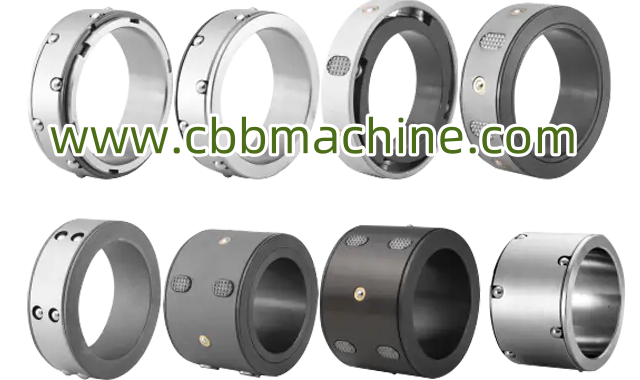What to Expect from a Professional Differential Shaft Supplier

Choosing the Right Differential Shaft Supplier for Industrial Efficiency
Selecting a trusted Differential Shaft Supplier is an essential step for manufacturers who depend on precision winding, slitting, and tension control systems. Differential shafts are crucial mechanical components used in applications that require the simultaneous handling of multiple rolls with independent tension control. The quality and performance of these shafts can directly affect production accuracy, material handling, and overall machine efficiency.
A differential shaft is designed to hold multiple cores while allowing each to rotate at a slightly different speed. This function is vital in web handling processes where material thickness or roll diameter may vary from one core to another. By accommodating these variations, differential shafts prevent slippage and maintain even tension across all rolls, resulting in smooth winding and reduced material waste.
Applications and Importance of Differential Shafts
Differential shafts are widely used in several industries, including:
Plastic film and flexible packaging
Paper and converting industries
Labeling and printing machinery
Textile and nonwoven material processing
Battery material slitting and coating lines
Each of these sectors requires consistent and accurate roll control. A properly designed and maintained differential shaft ensures the final product meets strict quality standards by supporting even winding, improved tension stability, and fewer product defects.
The decision to partner with a reliable Differential Shaft Supplier can enhance production performance by ensuring that the shaft matches the machinery specifications, material type, and operating environment.
Key Features to Consider in a Differential Shaft
When evaluating differential shafts, manufacturers should focus on several critical design features:
Friction Control Mechanism: High-precision friction rings or ball-lock systems allow for controlled torque transmission to each core, maintaining independent rotation.
Compatibility with Core Sizes: Shafts should support standard core diameters such as 3-inch or 6-inch, with optional adaptors or custom sizes.
Material and Durability: A well-constructed shaft made from high-strength materials like aluminum alloy or stainless steel ensures longevity and stable performance during high-speed operations.
Ease of Maintenance: A modular design allows easy disassembly and replacement of friction elements, minimizing production downtime.
Air Pressure Control: Pneumatic differential shafts should allow for precise air pressure regulation to adjust friction torque based on core material or roll weight.
A knowledgeable supplier will offer detailed product specifications and can help determine the right shaft based on your process requirements.
Working with the Right Differential Shaft Supplier
A competent Differential Shaft Supplier should provide more than just a product—they should deliver value through customization, support, and technical expertise. Since each production line has unique conditions and requirements, the ability to design and deliver a tailored solution can make a significant difference in long-term operational success.
Look for suppliers that offer:
Customization Options: The ability to tailor shaft length, friction torque range, core holding method, and materials ensures a perfect fit with your machinery.
Technical Consultation: A supplier with in-depth engineering experience can help resolve issues related to tension imbalance, misalignment, or material handling limitations.
Consistent Manufacturing Standards: Uniform quality control processes and testing routines contribute to product reliability and safety.
On-Time Delivery and Service: Timely production and responsive after-sales support reduce unexpected delays and downtime.
Choosing a supplier who understands your industry and can adapt their product offerings accordingly leads to better integration, increased productivity, and improved machine uptime.
Why Differential Shafts Improve Production Quality
The implementation of high-quality differential shafts enables smoother operation in high-speed or multi-roll environments. By compensating for tension differences and maintaining alignment between rolls, they help:
Prevent core slipping
Avoid material wrinkles or tears
Achieve uniform winding tension
Improve finished product appearance and consistency
Reduce machine wear and downtime
Over time, these benefits translate to greater process stability, lower production costs, and enhanced customer satisfaction with the final product.
Conclusion
A well-matched differential shaft is a key component in achieving precision and control in winding and slitting applications. Selecting a knowledgeable and experienced Differential Shaft Supplier allows manufacturers to benefit from custom-designed solutions, expert guidance, and reliable performance. For operations that demand accuracy, durability, and efficiency, the right partnership with a supplier is a critical step toward meeting industrial goals.







